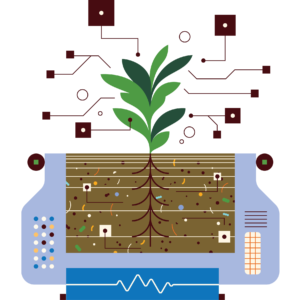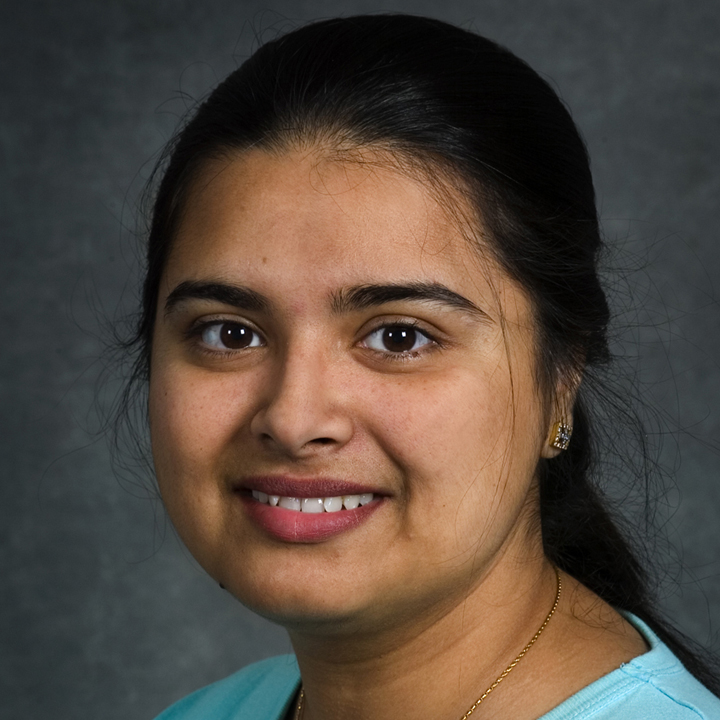
Our Vision
The SMART Soils testbed will help usher in breakthroughs in our ability to understand and predict soil-microbe-plant interactions and their regulation of ecosystem functioning under changing, real-world conditions from laboratory to testbed to field, and from hours to decades.

What is
the SMART Soils Testbed?
The SMART Soils testbed is a fabricated ecosystem for controlled soil ecosystem studies that utilize novel-sensing approaches to better understand plant-soil-microbe interactions. The tiltable testbed:
- allows manipulation of belowground biogeochemical processes that can be challenging to decipher in other research settings;
- enables realistic portrayal of processes and interactions across geological, flow, and geochemical gradients; and
- delivers quantitative, complex multi-dimensional ecosystem data to challenge next generation hydrobiogeochemical models;
- provides interactive control and feedback among integrated, concurrent laboratory, field, and testbed studies.
Field scale
complexity
Accurate mass balance
Controllable hydrobiogeochemistry
Comprehensive sensing
Exploring Environmental-Biological Feedbacks
Across Scales
BioEPIC, a 73,000 square-foot facility being developed at Lawrence Berkeley National Laboratory, will house research to develop and integrate fabricated ecosystems, sensors, data science tools and computer models that improve understanding and prediction of plant-soil-microbe interactions across Earth’s ecosystems. The SMART Soils testbed:
- Helps address the challenges of scaling plant-soil-microbial interactions from laboratory to the field;
- Enables hypothesis testing under controlled conditions with virtual connection to the field; and
- Integrates concurrent field research by the Watershed Function and Belowground Biogeochemistry Scienctific Focus Area projects supported by DOE-BER, which address Plant-Soil-Microbial Interactions Across Scales.

Our Approach
The SMART Soils testbed enables controlled soil ecosystem studies and links parallel research underway in laboratory experiments and field observatories.
Testbed Design and Construction

The tiltable testbed is large enough to include soil and plant heterogeneity, and enables real-time 4D water-stress tracking and accurate mass balance.
Link to Watershed Function SFA

The testbed is used to develop an optimal novel-sensing approach for quantifying evapotranspiration for use in Watershed SFA field research.
Link to Terrestrial Ecosystem Sciences SFA

TES SFA, which includes soil warming experiments at two field sites, integrates new sensing and characterization approaches tested using the SMART Soils testbed platform.
Novel Sensor Testing

The testbed is now partially instrumented with sensors evaluating evapotranspiration processes, carbon and energy fluxes, and changing weather conditions.
This video illustrates the SMARTSoils (Sensors at Mesoscale with Autonomous Remote Telemetry) testbed layout in terms of a wide range of sensor types, locations, layouts and also examples of data streams providing critical insights into the hydrobiogeochemical dynamics in soil-microbe-plant interactions at mesoscales.
Our Experts
Berkeley Lab experts in hydrology, geophysics, microbiology, biogeochemistry, and climate science are pioneering the development of an integrated suite of advanced sensing, data integration, and model simulation capabilities to quantify plant-soil-microbe interactions across scales. They are the individuals behind the SMART Soils testbed, and the related research into how plants, soil microbes, and minerals interact across scales.













